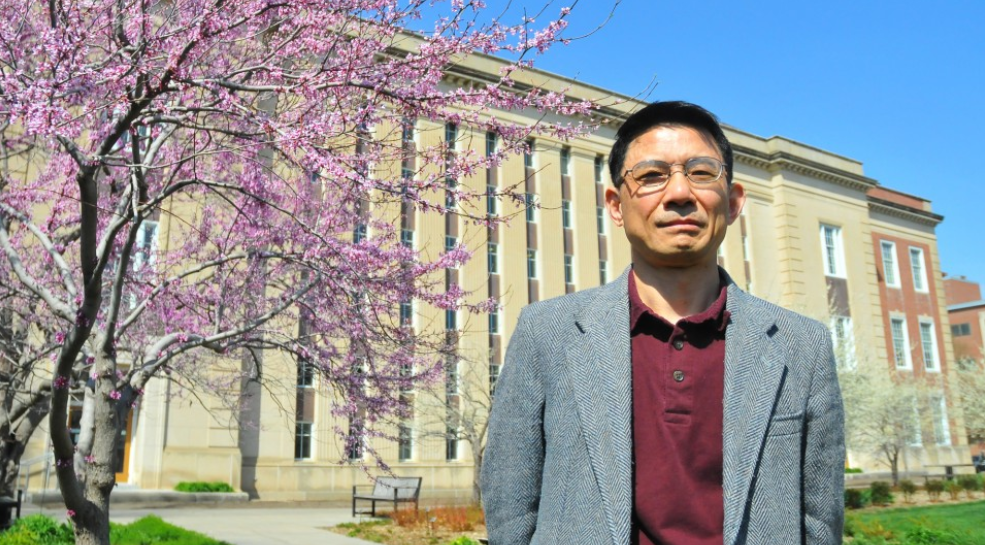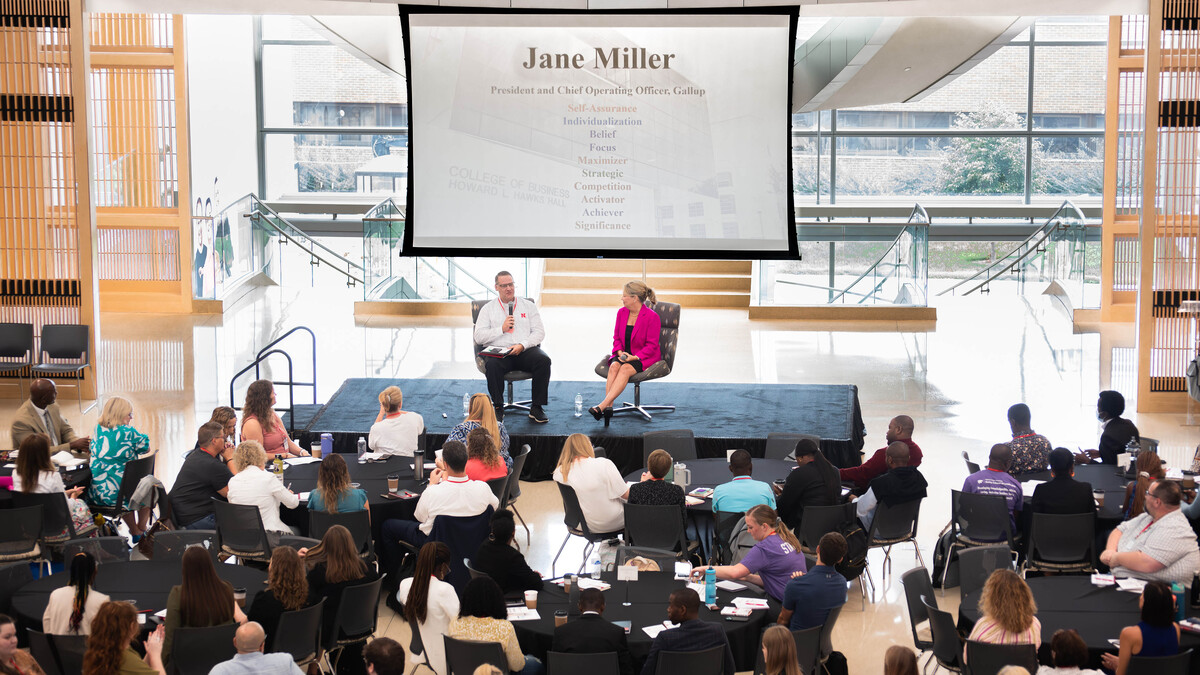
Suping Lu, professor of Libraries, recently received an update from Matthew and Tommy Mahoney, high school students from Bedford, Massachusetts, that their project on the Nanjing Massacre for National History Day had advanced from the regional contest to the national competition.
“[We] will be competing against the best projects in the country next week. None of this would have been possible without your help, and we just wanted to thank you again," the students wrote in an email. "Without you, we would not have nearly as complete a project, and we are forever appreciative of the time you took to help further our understanding."
Lu helped by sharing his expertise on the topic during an interview with the Mahoneys in January and providing published sources. According to Lu, the young men picked the topic because their maternal Chinese grandparents encouraged them to study Chinese history and the Nanjing Massacre was of great interest.
“We talked for a couple of hours, and I forwarded published papers to them, including my latest article from December 2024 covering the German engineer in Nanjing who witnessed the atrocities,” Lu said.
Lu has spent his career researching primary documents in archives all over the world, uncovering documentation written by English, American and German diplomats, military personnel, business people and missionaries who witnessed the atrocities of Nanjing in 1937-38. He has many publications sharing this vast knowledge on the tragedy. For many years, Lu has been contacted by students beyond the Nebraska campus for interviews and information.
“Students from east to west coasts and internationally are contacting me about the Nanjing massacre, the Chinese Exclusion Act and the Continental Railroad Construction, and other issues,” Lu said. “High school students participating in National History Day usually contact me by the end of December and we schedule an interview in January.”
Not every inquiry is from a high school student. Lorenzo Posocco, a postdoctoral research fellow in the Center for Subjectivity Research at the University of Copenhagen (Denmark), expressed his gratitude toward Lu for his help in the development of the chapter on the Rape of Nanjing in his forthcoming Violence and Lies: The Exercise of Power from the Conquest of America to the Climate Crisis (Routledge, 2026).
“Professor Lu not only read the chapter with great care, but also offered insightful comments and thoughtful suggestions that significantly strengthened the structure, clarity and historical depth of the text," Posocco wrote. "He patiently answered my questions, pointed out areas in need of revision and guided me through the process with scholarly rigor and kindness. Without his contribution, this chapter, and indeed the book as a whole, would not be the same."
Sharing his knowledge, experience and expertise with all students are responsibilities that Lu says are vital to his role and that he is fortunate to fulfill as an academic researcher. In addition, the byproduct is that more people become exposed to that historical event or information.
“This project may help their college application or influence which major they choose to study, and it could lead to a term paper, thesis or dissertation someday,” Lu said. “Also, this is the kind of recognition we receive; they trust us and ask us the questions. Through my research and publications, I help put Nebraska on the map.”
Up next for Lu is a conversation on Zoom with the members of the Global Book Club in Monterrey, Mexico, to discuss the book "The Rape of Nanking" by Iris Chang.







